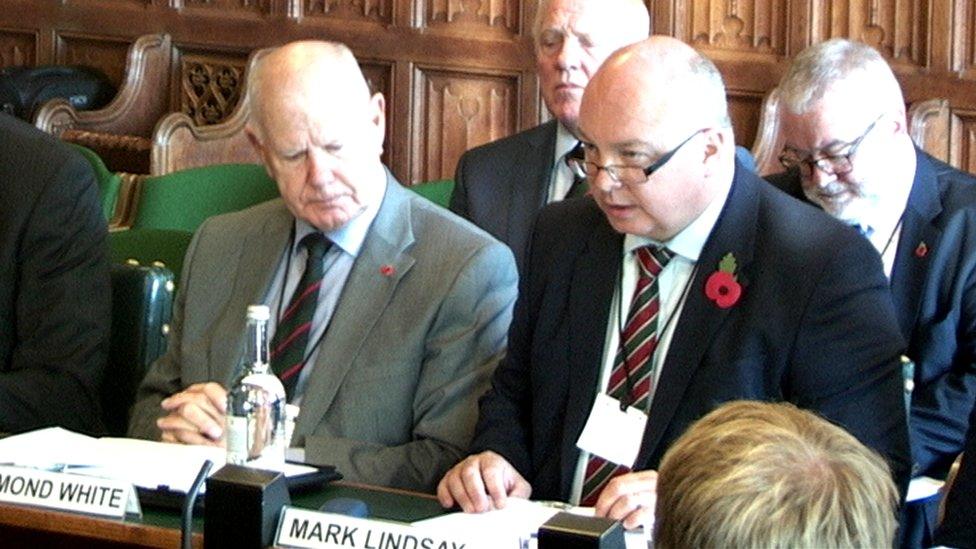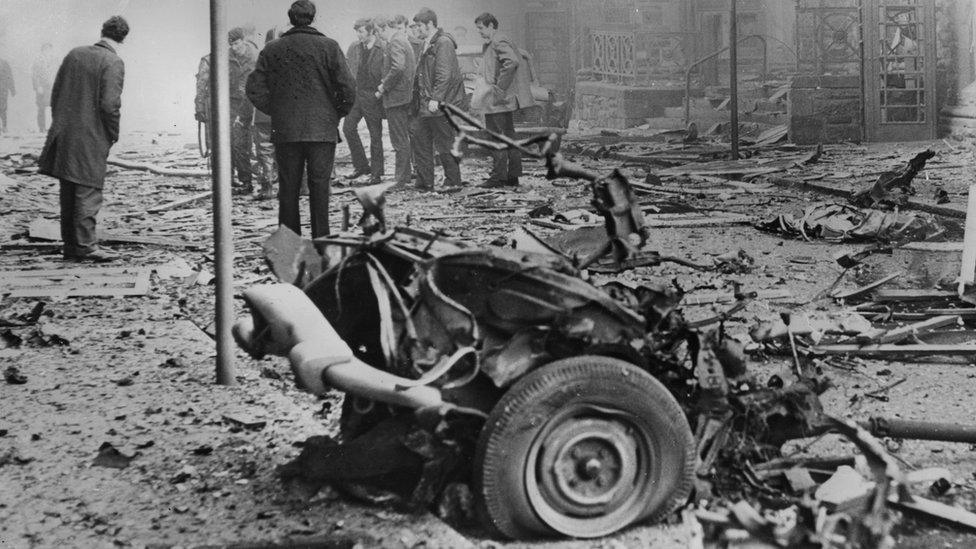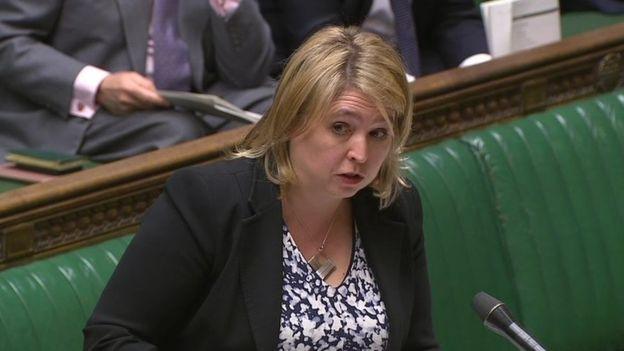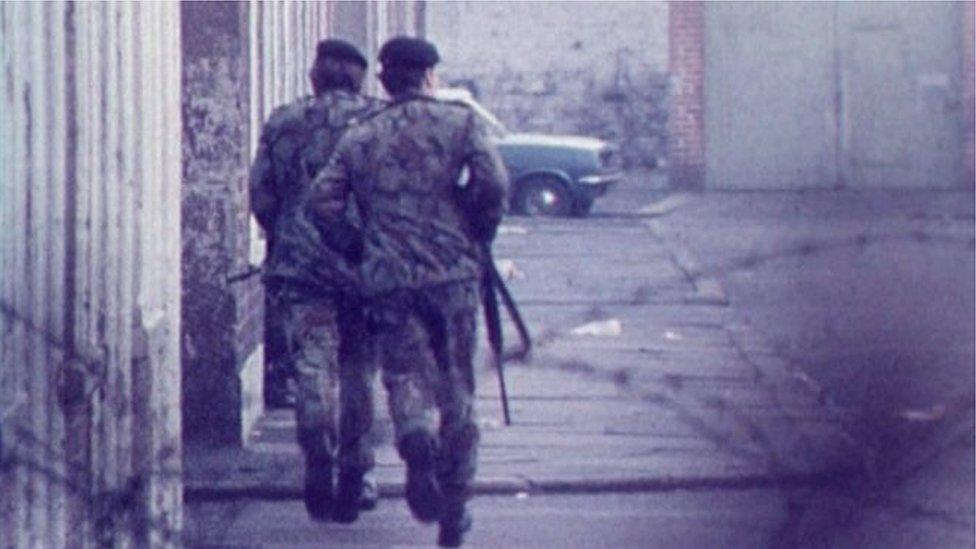Troubles legacy legislation 'perverse', MPs told
- Published

Mark Lindsay appeared before the Northern Ireland Affairs Committee at Westminster
The head of the Northern Ireland Police Federation has said draft legislation to deal with the legacy of Northern Ireland's Troubles is "perverse".
Mark Lindsay was appearing before the NI Affairs Committee at Westminster.
Mr Lindsay said the issue of legacy had "drifted, from well-established criminal justice practices".
He added the Draft Stormont House Agreement Bill could see "justice begin to resemble injustice" and that Westminster should "call time" on it.
"With the proposed offence of non-criminal police misconduct, there's a real potential for retired or serving officers to be investigated for something that isn't even a crime and for which there is no definition, whilst others are not held to account for some of the most heinous crimes, including murder," Mr Lindsay said.
"We see the bill as perverse, because the proposals run the risk of equating the actions of murderers and bombers with the actions of those who worked to bring them to justice and create the conditions for peace."
Mr Lindsay said the proposed bill would allow "the terrorist to tell their story without fear of sanction or prosecution, delivering a one-sided narrative where their actions are somehow justified".
He added: "Far from resolving the issues, this proposed legislation will perpetuate the suffering of all innocent victims and their families with the very real prospect that there will be no closure or answers possible."

A public consultation on proposals to address the legacy of the Troubles in Northern Ireland was launched last year
In May 2018, the Northern Ireland Office launched a public consultation on proposals to address the legacy of the Troubles in Northern Ireland.
It put forward proposals for four new legacy institutions, which were originally proposed in the Stormont House Agreement of 2014:.
The legacy consultation document and draft bill outlines plans for:
An Historical Investigations Unit which would have a caseload of about 1,700 Troubles-related deaths and aim to complete its work in five years.
An Independent Commission on Information Retrieval which would only look for information if asked to do so by families.
An oral history archive which would collect recorded memories and stories about the Troubles in one place.
An implementation and reconciliation group with 11 members representing the UK and Irish governments, along with the five biggest Northern Irish political parties.
Mr Lindsay also criticised the absence of any form of financial assistance for serving and former officers who might have to fund their own legal defences when complainants could use Legal Aid.
"This clearly discriminates against former and serving officers," he said.
"The absence of a financial mechanism to support costly legal defences in respect of the 'tsunami' of allegations that will inevitably follow is a shocking denial that should never have been included in this draft legislation."
- Published11 May 2018

- Published30 April 2019
